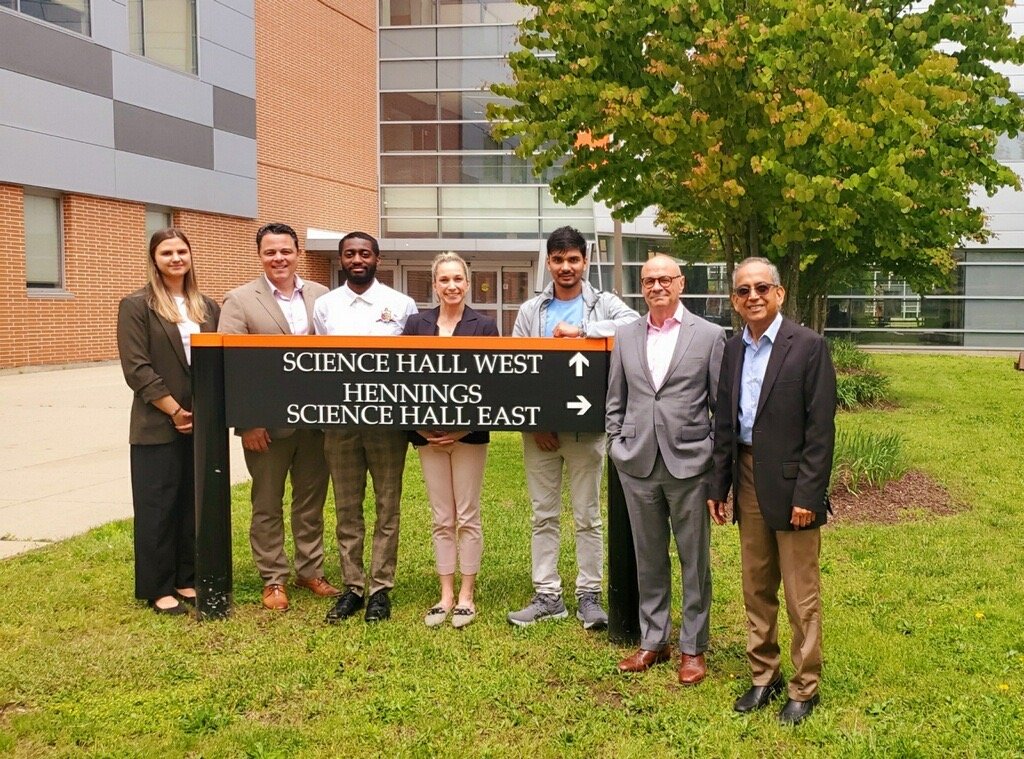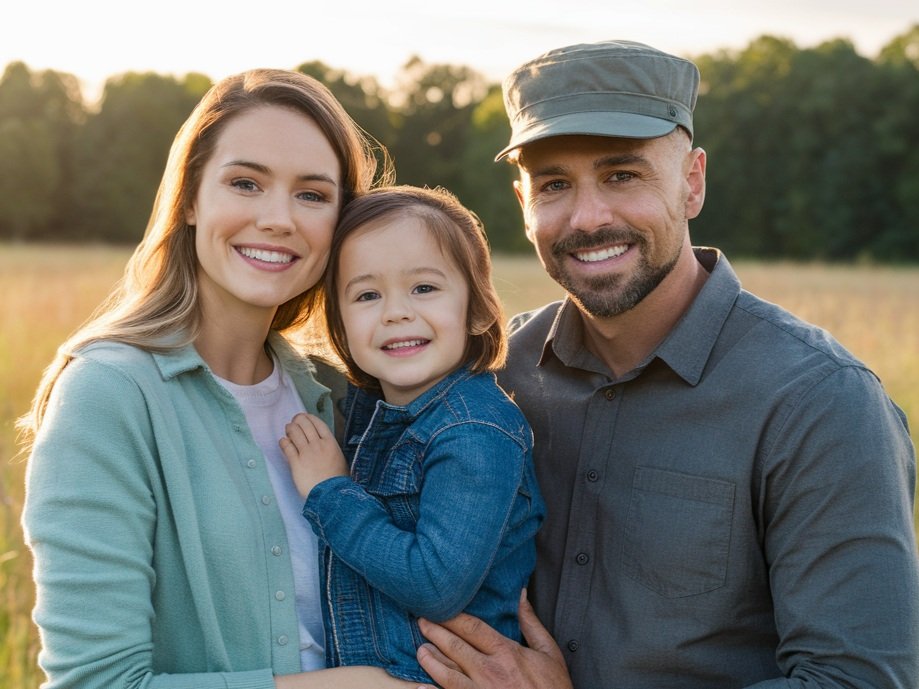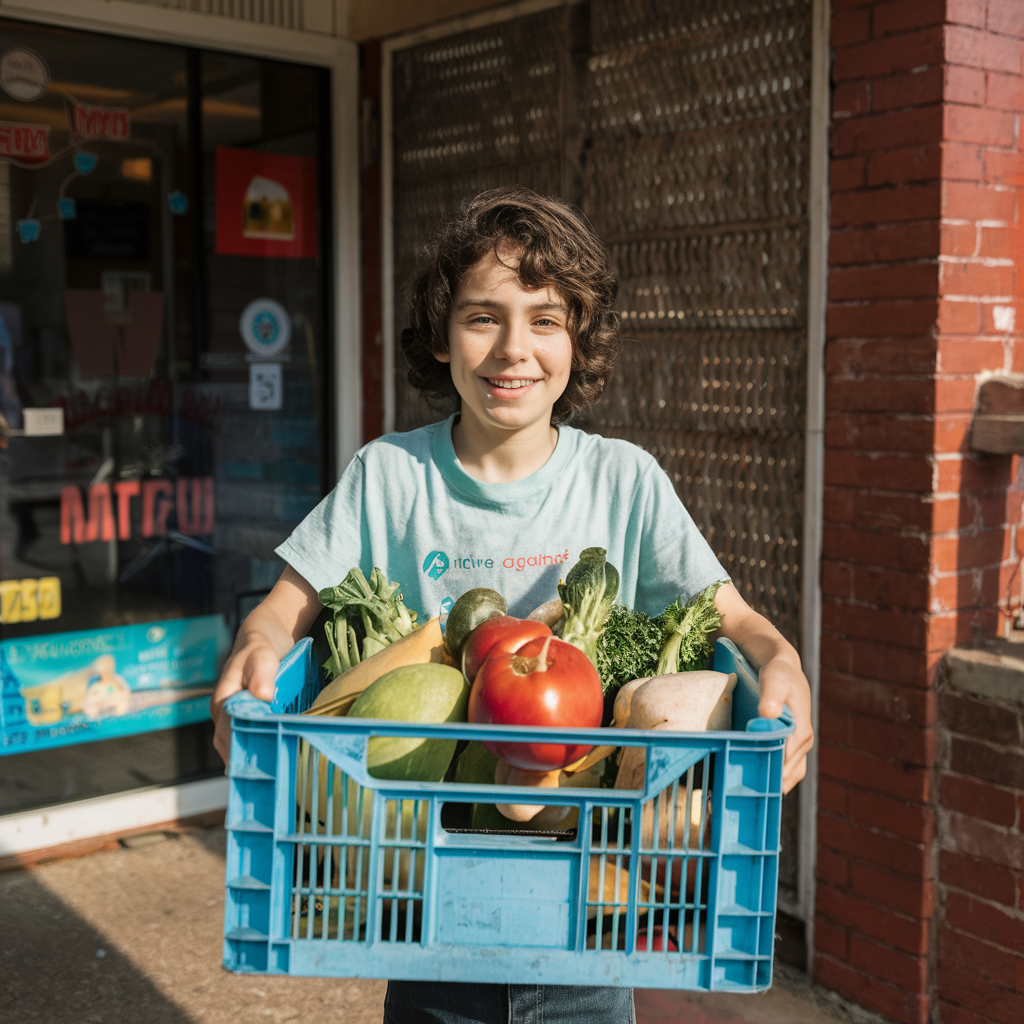Our Work
Data into Evidence, Evidence into Action, Action into Outcomes
Our programs improve access to and understanding of scientific information. Through our work, we contribute to healthier individuals, families, communities, and institutions.
Whom we serve
Our programs serve under-recognized and underserved populations.
Currently, our work is focused on these key groups:
Military Veterans, Active Duty Military, & Their Families
Our specialized resources and training assets optimize numerous and varied outcomes. Our efforts include research and evaluation, health services navigation and benefits realization, communications and employment training.
Men & Boys
Our programs–which focus on physical activity, preventive health, mental well-being, and treatment adherence–aim to reduce stigma and encourage proactive health management, leading to longer and more productive lives.
Food Insecure
Our initiatives employ educational outreach, via collaboration with local food banks and community organizations, to convert novel food availability to better dietary habits and chronic-disease management.
A Sample of Our Programs
Science Communication Program:
Toolkit and Training for Health Communicators
Scientific and health literacy are critical inputs to the well-being of individuals over the lifecourse, as they are key mediators between health-promoting information and positive health decision-making. Nonetheless, only a negligible proportion of adults possess the ability to read and understand peer-reviewed literature and policy recommendations that offer important evidence-based health recommendations. The Science Translation Foundation has developed a solution to this problem: a system that transforms relevant scientific evidence to simplified, digestible content that can be used by the average person (i.e., non-scientist) to improve health literacy and inform related decision-making.
The training program involves a a 12-week course divided into didactic and practical portions, during which participants build health and scientific literacy through:
Reading, critiquing, and understanding primary scientific studies;
Transforming that understanding into public-health and individual recommendations for behavior;
Communicating both the scientific content and recommendations in various simple, information-rich formats, with limited narrative text.
We thank the Moderna Charitable Foundation for its support of this program.
A Virtual Toolkit to Address Economic and Food Insecurity Among Spouses of Deployed Military Personnel
Nationwide military families face acute financial and logistical challenges due to deployment, particularly the gap in financial support owing to the timing of Basic Allowance for Subsistence (BAS) and Family Separation Allowance (FSA) payouts. This period of financial instability coincides with a reported 26% rate of food insecurity among military personnel. We have developed a focused, technological intervention that offers a unique opportunity to address these challenges head-on, providing a model for broader implementation.
Our virtual toolkit, developed for spouses of military personnel to navigate the financial and nutritional challenges during deployment periods, is a web-based resource that provides:
Personalized Assistance Navigation: Tailored guidance for families on navigating military and government support systems efficiently.
Adaptive Financial Tools: Links to resources designed to manage the unique financial cycles of military pay, allowances, and deployment schedules.
Local Nutrition and Wellness Support: Customized meal and wellness planning, considering the specific context and resources available to families.
A Public-Health Hub to Promote the Health and Success of the Working Poor
Asset-limited, income-constrained, employed (ALICE) individuals, who are overwhelmingly employed in the trades (e.g., landscaping, house painting, masonry, etc.), food-service, and domestic fields, are almost exclusively uninsured, unbanked, and face a high burden of chronic health conditions, particularly Type 2 diabetes. They lack access to primary care, have limited sick leave, inadequate health and financial literacy, and are thus highly vulnerable to loss of permanent employment, acute major illness, or death of a household member.
We have developed a public-health “hub” intervention that seamlessly integrates with food banks and resource-distribution organizations serving ALICE individuals. The hub model is one of service aggregation, introducing ALICE families to multiple assets that promote health, well-being, and security at a single physical location that is routinely visited after work hours for food pick-up. It provides access to essential services (e.g., healthy food, discounted telehealth subscriptions, whole life-insurance policies, influenza vaccinations, dental check-ups and cleaning), complemented by supportive (i.e., wraparound) features (e.g., health- and financial-literacy training) that address well-documented obstacles to uptake and utilization. The hub provides a secure environment that respects the personal agency, dignity, family and cultural values of hard-working individuals who are committed to independence and acknowledges the multigenerational nature of health and financial inequality.
Raising Awareness About the Dangers of Fentanyl Among High School Students
The escalating crisis of fentanyl abuse and its devastating impact on young lives necessitates urgent and informed action. Our intervention increases awareness among high school and college students about the dangers of fentanyl. Through a comprehensive and engaging one-hour presentation, we introduce students to what fentanyl is, the extreme risks associated with its use, and the crucial steps to take if they, or someone they know, is exposed to this lethal drug.
The intervention addresses the following four areas:
Education: We provide clear and accurate information about fentanyl, including its medical uses, illegal manufacturing, and distribution.
Awareness: We highlight the severe health risks associated with fentanyl use, including the high potential for overdose and death.
Prevention: We equip students with practical strategies for avoiding accidental exposure to fentanyl.
Emergency Response: We teach students how to recognize signs of fentanyl intoxication and administer life-saving measures, including the use of Naloxone.
Empowering Youth Through Fitness: Affordable Access to Gyms and Martial Arts Clubs for Refugee and Low-Income Families
In the spirit of promoting health, discipline, and community integration, this project creates an online portal that connects refugee and financially-struggling families with participating gyms, dojos, boxing clubs, and Brazilian Jiu-Jitsu (BJJ) gyms. This portal facilitates access to special discounted rates, reduced initiation fees, and lower costs for uniforms and monthly memberships, making fitness and martial arts training accessible to all children, regardless of their economic background.
Access: We provide affordable access to fitness and martial arts training for children from refugee and low-income families.
Health and Wellness: We promote physical health, mental well-being, and a sense of discipline and structure through participation in fitness activities.
Community Integration: We foster a sense of belonging and community engagement among refugee and financially-struggling families.
Support for Gyms: We create a supportive network of gyms and martial arts clubs that are committed to community service and inclusivity.
"Responsibility for the consequences of actions is not the price of freedom, but one of its rewards."
Charles Murray, Coming Apart
Contact Us
Science Translation Foundation welcomes your ideas, questions, and partnership.
Location
New York Metropolitan Area












